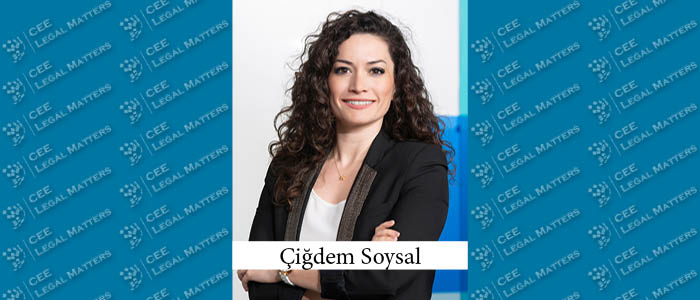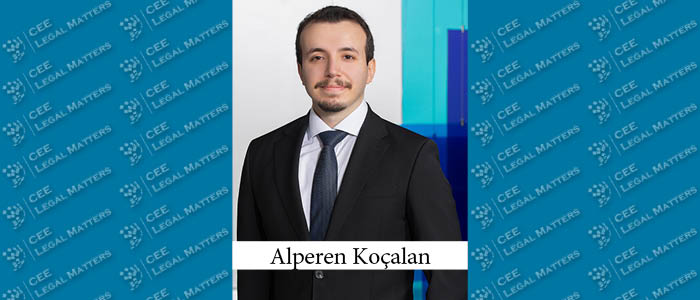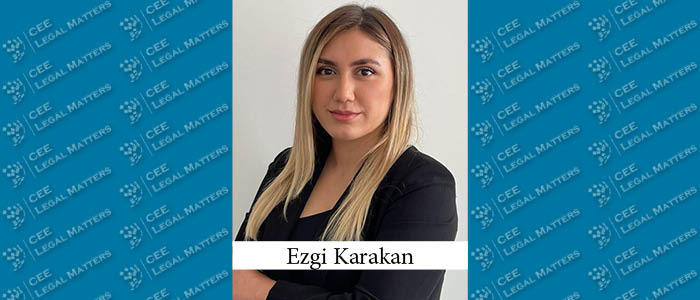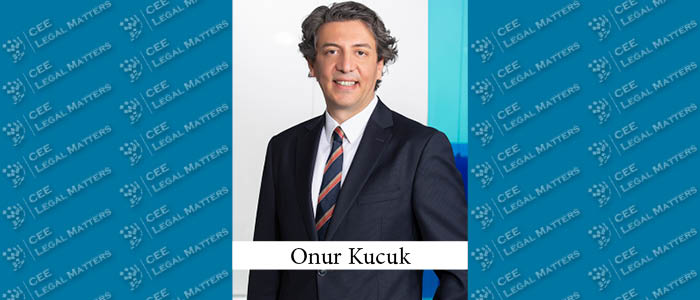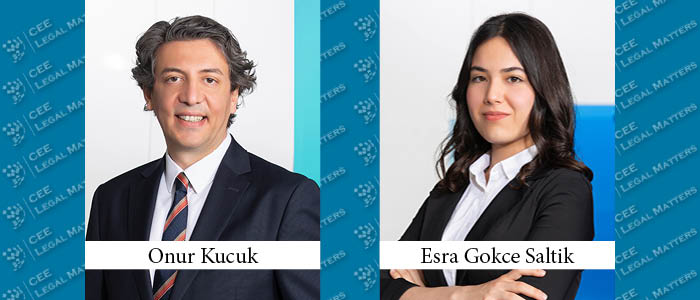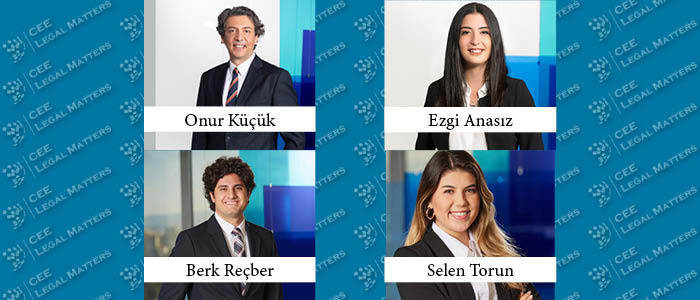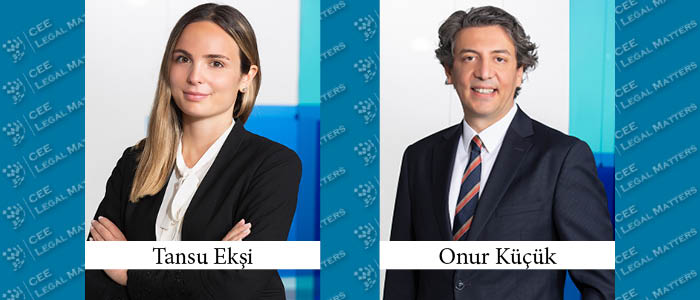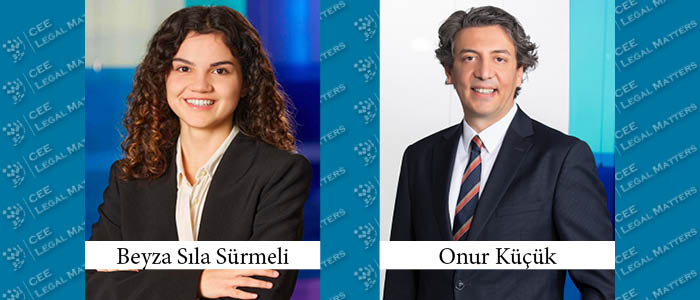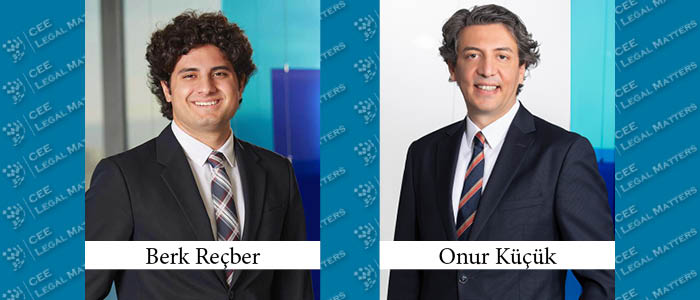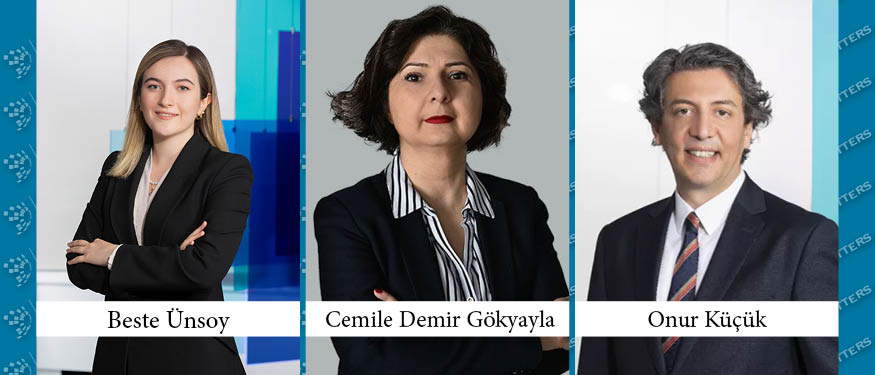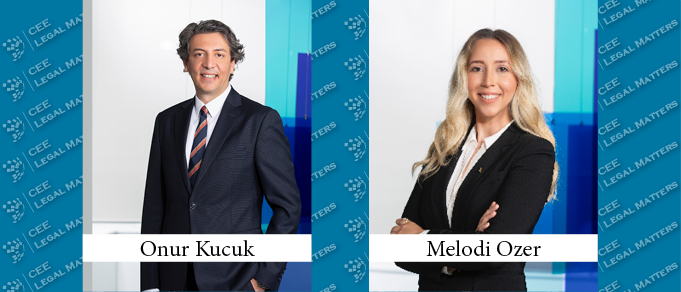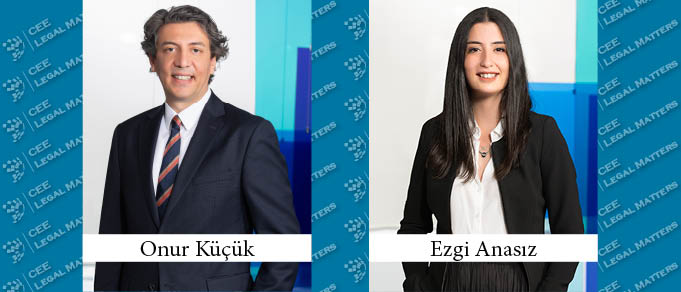The Law on the Restructuring of Certain Receivables and Amendments to Certain Laws has entered into force by being published in the Official Gazette dated March 12, 2023.
Electronic Commerce Practices Have Started to Become Clear With the Enforcement of The Regulation
In accordance with the law which was published in the Official Gazette on July 7, 2022 making amendments to the "Law on the Regulation of Electronic Commerce”, new obligations were introduced concerning the Electronic Commerce Service Providers (“ECSPs”) and Electronic Commerce Intermediary Service Providers (“ECISPs”). This new regulation has raised many questions and controversies.
The Authority of the Competition Board to Conduct on-site Inspections, Hindering the Inspection and Sanctions
“Even if the deleted correspondence is restored, the act of deletion is considered by the Competition Board as hindering the on-site investigation.”
Turkey's Shifting Priorities: A Buzz Interview with Onur Kucuk of KP Law
The major discussion points in Turkey have been drastically different – before and after the earthquake – with the upcoming elections gaining new importance, according to KP Law Managing Partner Onur Kucuk.
Digital Gaming Law
Only one group ever came and never went away: Lawyers.
This is because if the lawyers went, so would the games industry. (Richard A. Bartle)
Did You Know: Most Prolific 2023 Thought Leaders
Did You Know that, according to the Activity Rankings function of the CEELMDirect website, two CEE lawyers have already authored or co-authored eight thought leadership articles published on the CEE Legal Matters website this year, more than anyone else in the region?
Crypto Assets on the Regulatory Net
Following the EU, the UK is also trying to provide a safer environment for investors with regulations.
The Ownership of Intellectual and Artistic Works in the Age of AI That Creates Images From Texts
Would you ever want to see digitally, Istanbul waking up to a rainy and gloomy day, an alien race that came to visit our species from a galaxy billion light year away, New York City under the post-apocalyptic acid rain, a peanut with a micro-scale civilization on it, the realistic portraits of people who actually never existed and no matter how far you go in the horizons of your imagination, a concrete and visual reflection of all your ideas?
Owning Real Estate in Metaverse
Metaverse emerges as an "other universe" that invites the masses to live, interact, and trade in it. The parts of this universe are virtual reality, the internet, and advanced technologies. Users are no longer in front of the screen, they can enter this world in person. This can be possible in two ways for now; This world we call avatar requires a digital twin and virtual reality glasses. Users may think that they are chatting with their avatars, but can they feel like they are drinking coffee in a real environment? Are the two similar things?
Are Venture Capital Investment Funds a Solution for Restructuring Family Businesses?
The issue of how to ensure the longevity of family businesses remains as topical all over the world as it is in Turkey. When we look at the statistics, we see that family businesses have an extremely high percentage in Turkey as well as all over the world.
Amounts Subject to Revaluation within the Scope of Capital Markets Legislation Were Increased!
The Capital Markets Board ("CMB") updated some amounts subject to revaluation within the scope of capital markets legislation for the year 2023 with the Capital Markets Board Bulletin dated 30/12/2022 and numbered 2022/74 published pursuant to its decision dated 29/12/2022 and numbered 77/1900.
Legal Liability of DAOS/DAOS and Codified Rules
The rapid developments in the world of technology put the law into a difficult concept puzzle to follow. While the discussions on smart contracts made with blockchain technology have not yet ended, a new organization that can direct the life of business has taken its place in the international market; Decentralized Autonomous Organization (DAO). This mechanism offers people new democratized ways to operate their organizations, radically separated traditional institutions.
SEC Increases Scrutiny on Cryptocurrency Companies
As investors continue to seek a safe haven after the collapse of crypto exchanges, cryptocurrency companies have begun to resort to new ways to restore confidence. The most important issue in the market is whether cryptocurrency companies have enough assets to cover their customers' funds.
Post-M&A Disputes Are Waving, Making Arbitration Perfect-fit Solution
Mergers and acquisitions transactions, which has reached a global record level of 5.9 trillion dollars in 2021, are considered as one of the legal transactions with the highest potential for disputes, even though its grounds for disputes are striven to be reduced or at least brought to a foreseeable level by detailed agreements. Agreements and afterwards transactions that comply with the intentions of the parties may result in unintended consequences later. Due to geopolitical tensions, soaring inflation, turmoil in finance and energy sectors, more disputes have been arisen after the closing of M&A transactions comparing to last year. That is with respect to Berkeley Research Group’s third-annual M&A Disputes Report (“Report”), which is prepared with contributions from some of the world’s top lawyers, private equity professionals and leading experts. Report brings forth a broad perspective, on how the current market environment has changed the essence of disputes.
Turkey: Post-Pandemic Legal Developments in TMT
COVID-19 is over – well, almost over. We are now left with the aftermath of a baby boom, some Bored Apes, and the Metaverse. All these new phenomena that surged during the pandemic eventually turned their attention to law firms, for wide-ranging legal considerations associated with all kinds of communication, from the internet, to e-commerce, to OTT, and telecommunications. Technology, media, and telecommunications, otherwise known as TMT, are now the fastest-moving areas.
Metaverse as a Business
"In 10 years you won’t go to meetings – you’ll digitally teleport to them." Meta Founder, Mark Zuckerberg
Digital Transformation in the Insurance Industry: “Insurtech”
"The total insurtech industry value in 2022 was $5.4 billion. Revenue forecast for 2030 is $152 billion." Grand View Research, Insurtech Market Size, Industry Report, 2022-2030
Will Meta-Fi Be the Catalyst of Financial Digitization? - Part 2
In the previous article, we have included information about the value of cryptocurrencies in the metaverse within the framework of the financial metaverse and the transactions that constitute the subject of the financial metaverse. Now, from the perspective of the financial metaverse, we will discuss the banking sector, the current status of cryptocurrencies in Turkey, and whether the digital products obtained as a result of financial transactions can be evaluated within the scope of property rights by the courts, the compliance processes and legal aspects that should be considered in Meta-Fi.

